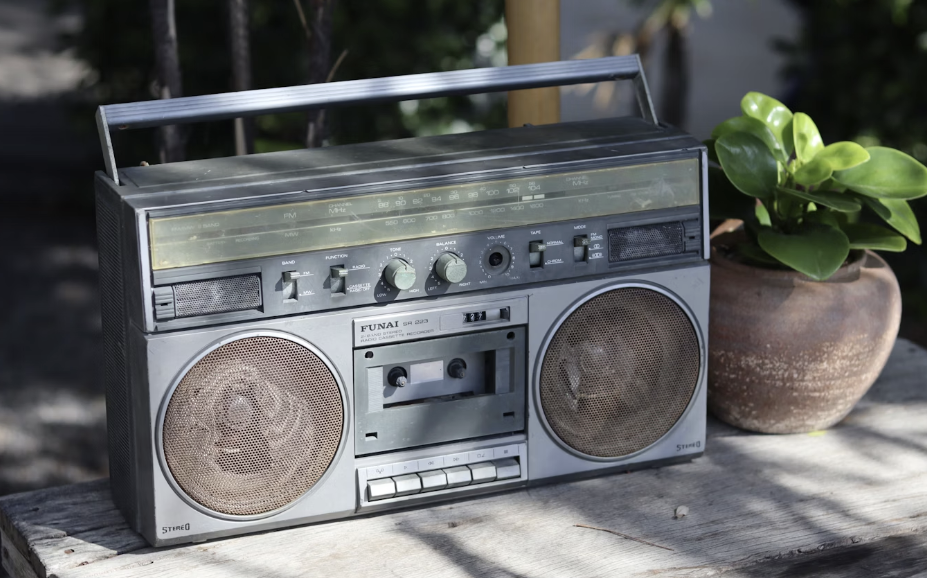What are the logistics of winning a radio station giveaway

Giveaways on the radio have been a beloved part of the listening experience for decades. The contests add thrill to daily life and keep listeners engaged, whether winning concert tickets to a sold-out show or landing a weekend getaway.
While it may seem to be a matter of luck (being the right caller at the right time), a complex process is taking place behind the scenes to make each giveaway happen. Understanding the mechanics of winning a radio station giveaway can perhaps improve your chances of winning, but also prepare you for what to do once you hear the magic words: “You’re our winner!”
So, how does the whole process work and what can you expect?
The entry process: it’s more than just dialling in
Radio stations use different formats for their contests, depending on the prize and promotion goals. Most common is the basic “be caller number X” contest, where the station’s phone lines are flooded by listeners as soon as the call cue is given.
Some contests will have you text a keyword, enter through the station website entry form, or enter via a mobile app.
Behind the scenes, radio personnel monitor phone systems and electronic submissions, and make sure calls and messages are logged correctly and time-stamped in an effort to determine the rightful winner. The majority of stations use custom software to assist with handling these large numbers, which reduces errors and ensures fairness.
Some contests, particularly those linked to national campaigns or more valuable prizes, can use automated random-draw systems to select winners from a group of qualifying entries.
So, who can win?
Every radio station contest is governed by a set of official rules. The rules outline key information, for example, who can enter, how often you can win, and how to pick up a prize. Entrants are usually required to be at least 18 years old, or in some cases 21 or older, depending on the nature of the prize.
Residency requirements are also common. Most stations limit eligibility to listeners within a specified geographic region in order to maintain the contest’s benefit to the local community.
It’s also typical for stations to restrict how frequently you may win. For example, if you’ve won a prize valued at £500 or more, you may not be eligible to win again for some time. This is typically 30, 60 or even 90 days. This prevents a few players from dominating the contests and gives more listeners an equal opportunity to win.
The verification process: proving you’re the winner
Once you’ve been declared a winner on air, the process moves quickly to the verification stage. A representative from the station’s promotions or marketing team will contact you, either during the call or shortly afterward, to collect necessary details. This typically includes your full legal name, address, date of birth and contact information.
For valuable prizes, you’ll likely be asked to present a valid photo ID, and in some cases, provide a Social Security number for tax reporting purposes.
Certain prizes involve additional paperwork. Winners of trips, cars or big cash prizes usually need to sign waivers, affidavits of eligibility and sometimes publicity releases allowing the station to use their name or likeness for promotional purposes.
So, you won! How can you claim your prize?
Collecting your prize varies depending on the prize and station policy. Small items like T-shirts, CDs or concert tickets can usually be picked up at the station’s office during business hours. Other stations mail winners or email digital tickets or vouchers, especially for time-sensitive prizes or when winners live farther from the station’s headquarters.
More major prizes, such as travel or cash, typically require more formal arrangements. Winners may be asked to visit the station to sign forms or to meet with a representative from the station. For trips or other complex prizes, the station will sometimes coordinate directly with the sponsor or travel agent to make the arrangements.
This is where sponsors get involved. From major retailers to new casinos online, sponsors provide the prizes that fuel these contests, and in return receive valuable on-air and digital promotion.
Tax implications and reporting
One of the logistical aspects that many winners overlook is the tax obligation of radio station prizes. Even if your prize isn’t cash (a couple of concert tickets, electronics or a trip, for instance) it’s still taxable income at its fair market value.
Personnel at the station will inform you of this requirement and have all forms completed prior to being able to hand over the prize.
Coordination with sponsors and partners
Radio stations rarely give away big prizes on their own. Most major giveaways are made possible through coordination with sponsors that supply the prize in exchange for promotional exposure. They can be national brands, local retailers or entertainment vendors looking to promote their product or service to the station’s audience.
For example, a concert promoter can make VIP tickets available, or a tourism board can underwrite a travel package.
Increasing use of partnerships can engage online companies, such as travel websites or even online casinos servicing regional markets via radio advertising.
This sponsor relationship adds another layer of logistics, as stations must ensure winners receive prizes as promised, and sponsors receive promotional benefits as agreed. This usually necessitates diligent coordination, brief communication and detailed record-keeping.

